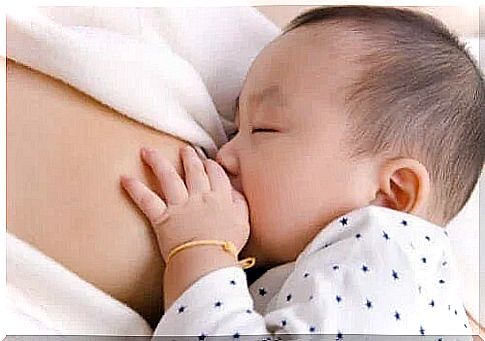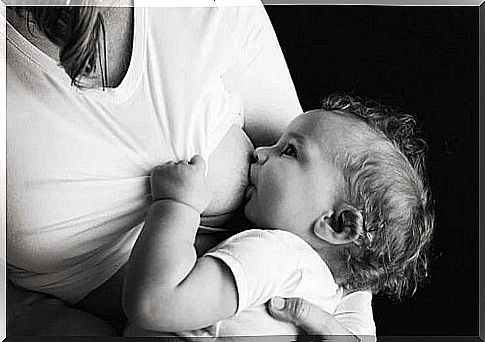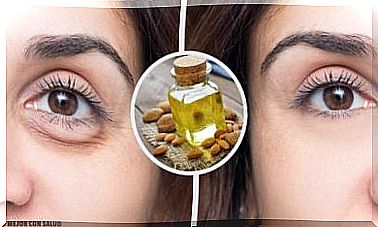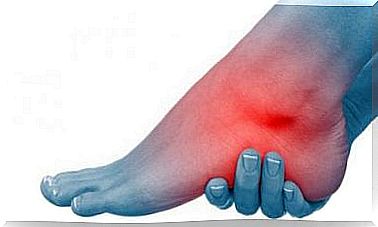Breastfeeding And The Baby’s Immune System

Breastfeeding is one of the healthiest ways to feed your baby. Numerous studies have shown that breast milk meets the nutritional requirements of babies in the early stages of their lives. We must also mention that breastfeeding and the newborn’s immune system are closely linked.
Breast milk ensures proper development and growth. This could determine the body’s defense mechanisms in later periods, being a key element in ensuring optimal health.
The composition of colostrum and breast milk
Breast milk contains macro- and micronutrients and concentrates immunoglobulins that are transferred to the baby. Breastfeeding in the first months of life significantly reduces the risk of developing allergies and autoimmune problems. This is partly due to the presence of immunoglobulins. A study published in the Annals of Nutrition & Metabolism reveals these findings.

The first milk that flows from the breast after birth, known as colostrum, contains a large amount of bioactive compounds with beneficial properties. It may also contain high quality cytokines and polyunsaturated fatty acids.
Breastfeeding and the baby’s immune system: benefits

One of the main problems of premature babies is that they are born without the optimal maturation of many of the systems. As a result, this can compromise physiological functioning, causing health problems.
In this case, breastfeeding becomes even more important. According to an article in Clinics in Perinatology , breast milk can improve the efficiency of the immune system in premature babies. This, in turn, reduces the risk of developing short-term autoimmune problems.
Until what age is breastfeeding recommended?
This is a topic that is generating a lot of debate. Experts say that mothers should breastfeed their children in the first year of life to experience all the benefits. Although it is true that complementary feeding can start after the age of 6 months, it is best to breastfeed for another 6 months.
However, other experts support the expansion of breastfeeding. However, this is not always possible, mainly due to the discomfort that mothers may experience, as breastfeeding is associated with hypersensitivity or breast pain.
It is important to remember that when replacing breast milk with an artificial formula, we should pay special attention to the labels. Many of the formulas on the market contain large amounts of simple sugars, which is harmful to the baby. In addition, it is important to make sure that your intake of unsaturated fatty acids is sufficient.
Breastfeeding promotes the development of the immune system
Breastfeeding is essential to ensure the proper maturation of the newborn’s immune system. Significantly reduces the risk of developing allergies and asthma, among other pathologies related to autoimmune problems. At the same time, it increases the chances of survival and reduces the risk of severe pneumonia.
It is important to remember that breast milk is the most complete baby food. It contains the highest quality proteins, unsaturated fatty acids and all the vitamins that the human body needs for efficient physiological processes.
It is true that there is a disagreement about when to stop breastfeeding. However, almost all experts agree that this should not happen before the age of 1 year.









